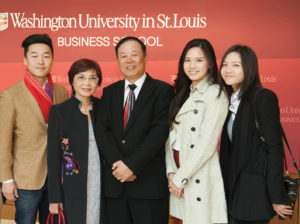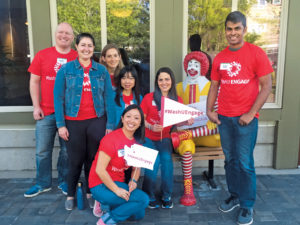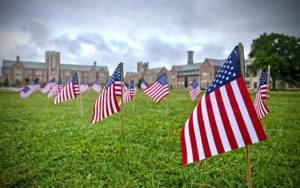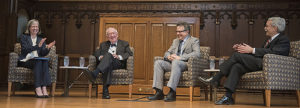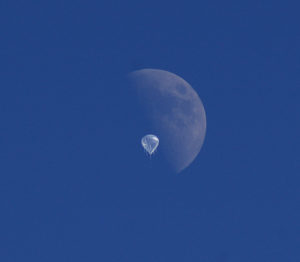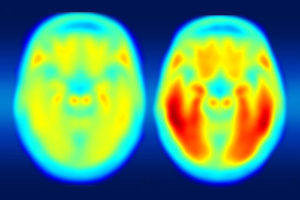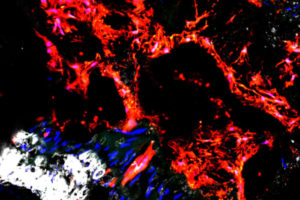The School of Law’s 2016-17 Public Interest Law & Policy Speakers series at Washington University in St. Louis features an outstanding lineup of judges, lawyers, authors, and academics with expertise in public interest law and policy. The series begins at noon Monday, Sept. 12, with a lecture by Brenda Hollis, chief prosecutor at the Residual Special Court for Sierra Leone.



